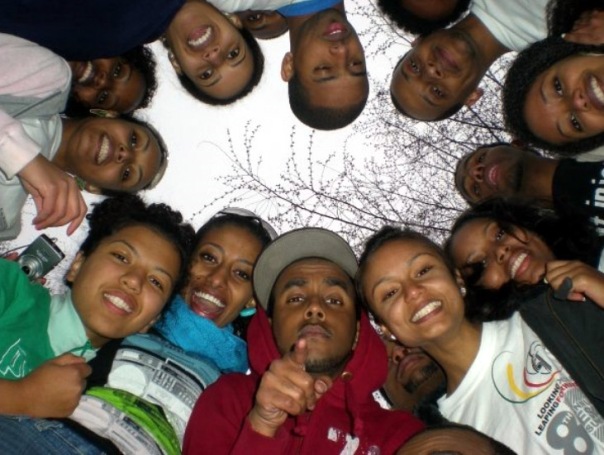 Alemayehu G. Mariam
Alemayehu G. MariamETHIOPIA'S YOUTH AT RISK
In discussing Ethiopia's youth here, I am not employing the standard quantitative age category of 15-24 years. In the context of the African economic realities, a broader swathe of the under 30 age group is warranted.
Article 36 of the Ethiopian Constitution enumerates a whole set of guarantees to ensure the health, education and welfare of the country's children and youth. But the statistics on Ethiopia's children in general is shocking. Though the population under the age of 18 is estimated to be 41 million, or just over half of the country's population, UNICEF estimates that malnutrition is responsible for more than half of all deaths among children under age five.[2] Ethiopia has an estimated 5 million orphans - approximately 15 per cent of all children. Some 800,000 children are estimated to be orphaned as a result of AIDS. These children are highly vulnerable to all forms of exploitation including child labour and sexual, and receive little educational services, social support or supervision. Urban youth unemployment is estimated at 70 per cent. According to a Population Council report 'the vast majority of Ethiopian adolescents, 85 per cent, live in rural areas. Levels of education are very low, especially for girls and for rural youth. A substantial proportion of adolescents do not live with their parents, especially in urban areas, where 33 percent of Ethiopian girls aged 10-14 live with neither parent. Some regions have extremely high rates of early marriage. For example, 46 percent of girls in the Amhara region were married by age 15'.[3] There are also about 2.5 million children with disabilities receiving very little government assistance. Frustrated and in despair of their future, many urban youths drop out of school and engage in a fatalistic pattern of risky behaviours including drug, alcohol and tobacco abuse, crime and delinquency and sexual activity that exposes them to a risk of acquiring sexually transmitted diseases including HIV. There is a serious problem of child trafficking, and highly publicised instances of adoption fraud and abuse cases have been documented in the international media in the past year. Read more...

No comments:
Post a Comment